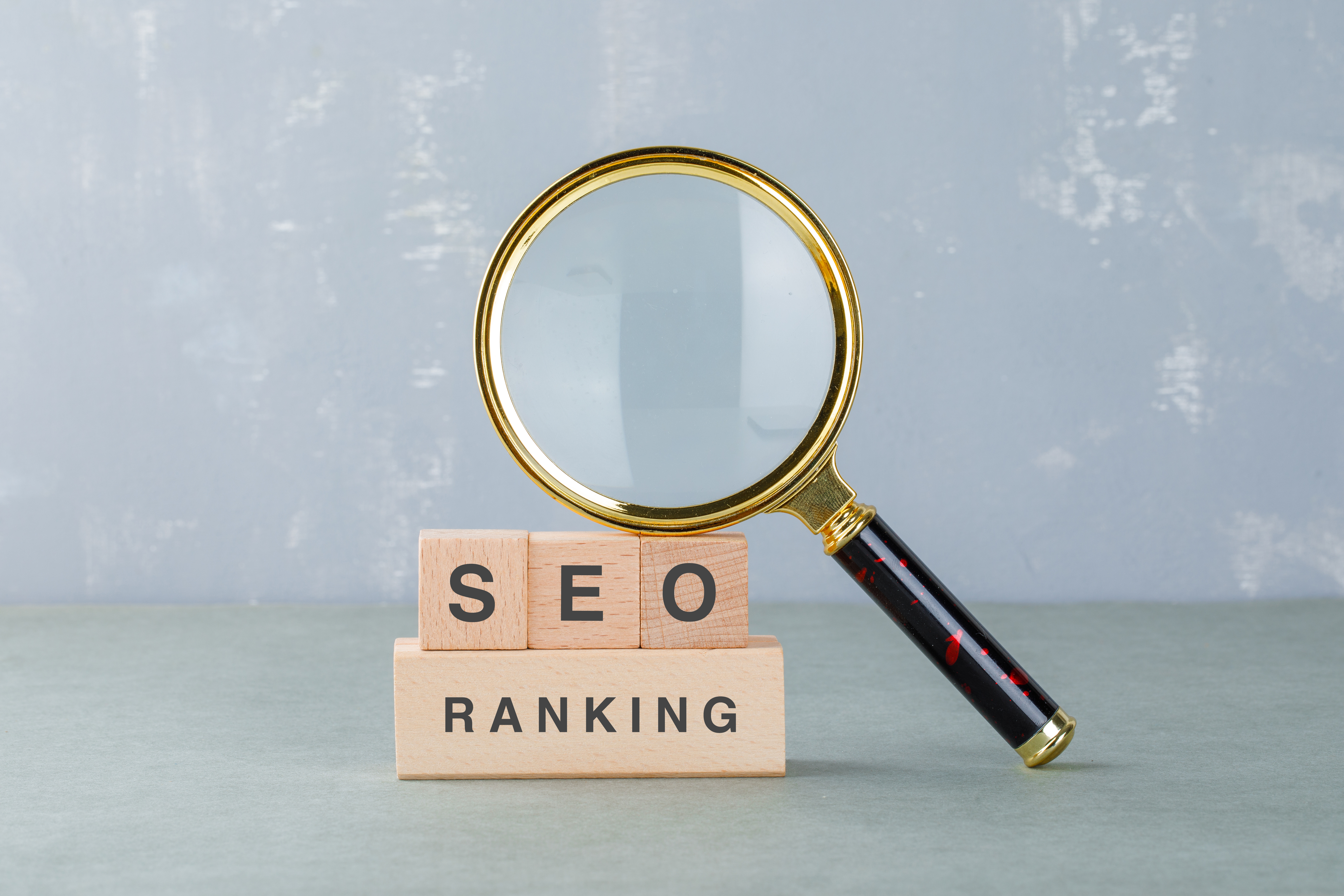How to Get a Local Business License in 4 Achievable Steps
So you want to take the leap and start your local business!
Before going any further, we couldn't be more thrilled for you.
Nothing compares to the thrill of setting up your own business. You're eager to open your doors, reach local customers, and sell your products and services as soon as possible!
But wait, have you obtained all the necessary business licenses?
Administrative tasks and paperwork can be taxing; trust us, we get it. But to set your business up for success, you must ensure it is compliant with federal and local government laws.
In the same way that you need a driver's license to legally drive a car, you also need to get a business license to run a business.
Depending on your business location and the type of goods or services you offer, you may need many licenses to stay on the right side of government regulations.
In this post, we’ll set you up with the information you need to get a business license and answer the most common questions. But first, let’s dive into what a business license is.
What is a business license?
A business license is a legal document that gives individuals or companies the right to set up and operate a certain type of business in a local city, state, or country.
Federal and state governments or municipal bodies can issue business licenses. They help ensure the business pays taxes on its revenue and follows relevant regulations and guidelines.
What are the different types of business licenses?

Business licenses are a must-have for companies in most industries and locations. Remember, operating without obtaining the correct licenses can result in hefty fines, company closure, or even criminal charges.
Here are the seven of the most common business licenses and local permits required in the US:
-
General operating license — An operating or general business license is the most basic license that allows you to run your business in a particular region.
Depending on where your business operates, you may need a general business license at the county, city, or state level. -
Seller’s permit — If your state has sales tax regulations in place, chances are your business needs a seller’s permit. It gives you the legal authority to sell your goods and services in a virtual or brick-and-mortar store and collect business tax for them.
A seller’s permit is also known as a sales tax license or sales tax permit and may be required at city or county levels too. -
Federal licenses — If a federal agency regulates your industry, then you’ll need a federal license or permit to get started.
Business activities involving the manufacture and sale of alcoholic beverages, firearms, ammunition, explosives, and nuclear energy cannot operate without the federal government’s seal of approval. (Unsure if your business requires one? Check the U.S. Small Business Administration's list for clarity.) -
Special permits — Depending on your business type, there are a host of specific licenses that you may require.
For example, if you are starting a junk removal business, you may need health permits to ensure all safety guidelines are adhered to. -
Professional licenses — Starting a contracting business or an electrical service business, for example, may require additional professional or occupational licenses. These specific licenses certify that you and your employees have the necessary knowledge and expertise to perform the service.
The criteria to get such a license varies by state and can require a degree or certification, a minimum amount of work experience, and a practical exam. -
DBA license — A DBA, short for “doing business as” license, allows you to operate your business under a different brand name than the one that is registered.
It also allows certain business entities, such as LLCs, to rebrand without the long-drawn and expensive process of changing their official name. This type of business license is also referred to as a trade name or fictitious name license. -
Zoning permit — All municipalities have strict zoning guidelines that identify commercial and residential zones in a district and also outline which businesses can operate where.
For example, the zoning department will ensure that a new business selling alcohol or tobacco products cannot open next to a school or daycare center; the same goes for housing and heavy industry.
4 Steps to get a business license locally
Now that we’ve covered the different types of general business licenses and industry specific licenses that you may require, the obvious question arises — how can you get business licenses?
1. Identify your local business license requirements
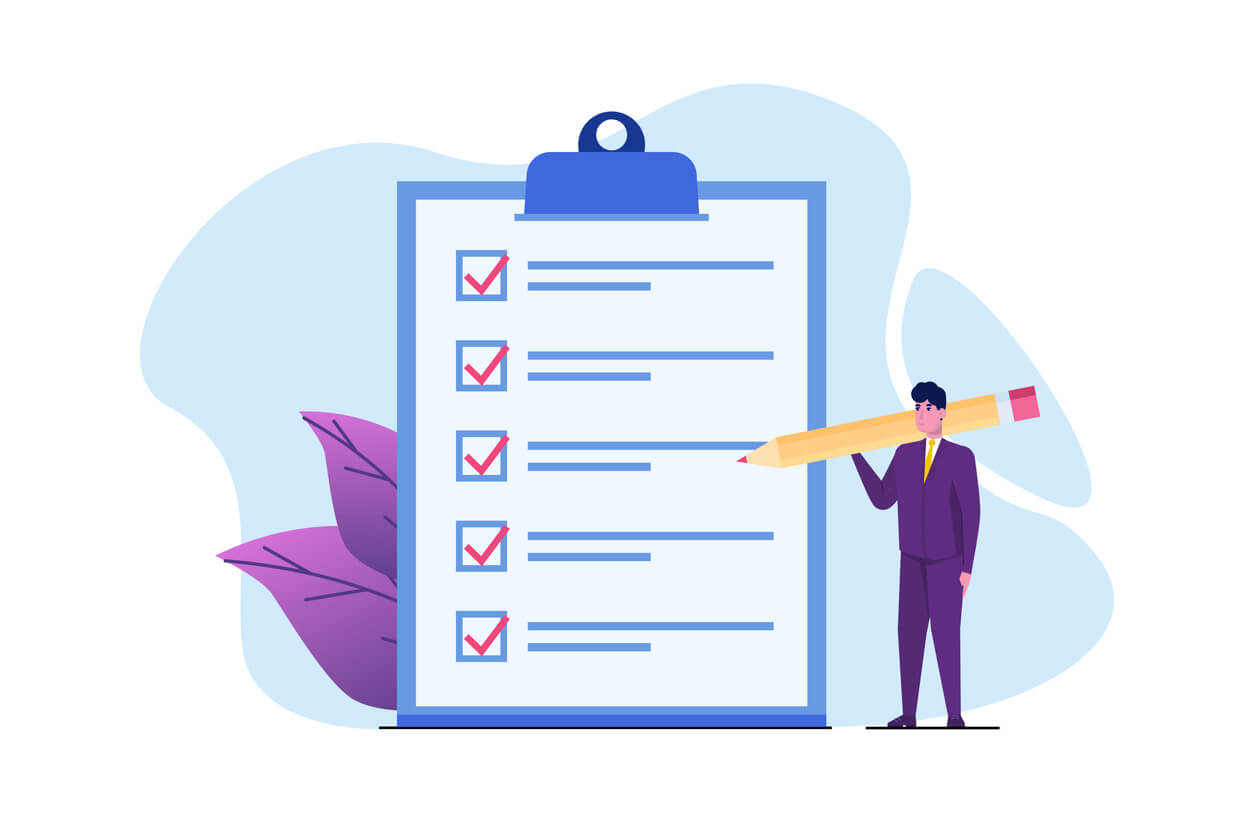
Spend some time researching the different business license requirements or permits your business may require.
You need to check the regulations at the local government level as well as the state and federal levels, if necessary, to make sure you’re not missing out on necessary local licensing requirements.
And if you’re unsure, you can always take the help of local legal counsel or government agency that issues business licenses to have all your bases covered.
If you haven’t completed other local requirements like form the business entity and receive your employer identification number, then you must do this first as you’ll need to enter this information while applying for any license.
2. Collect all the required business documents
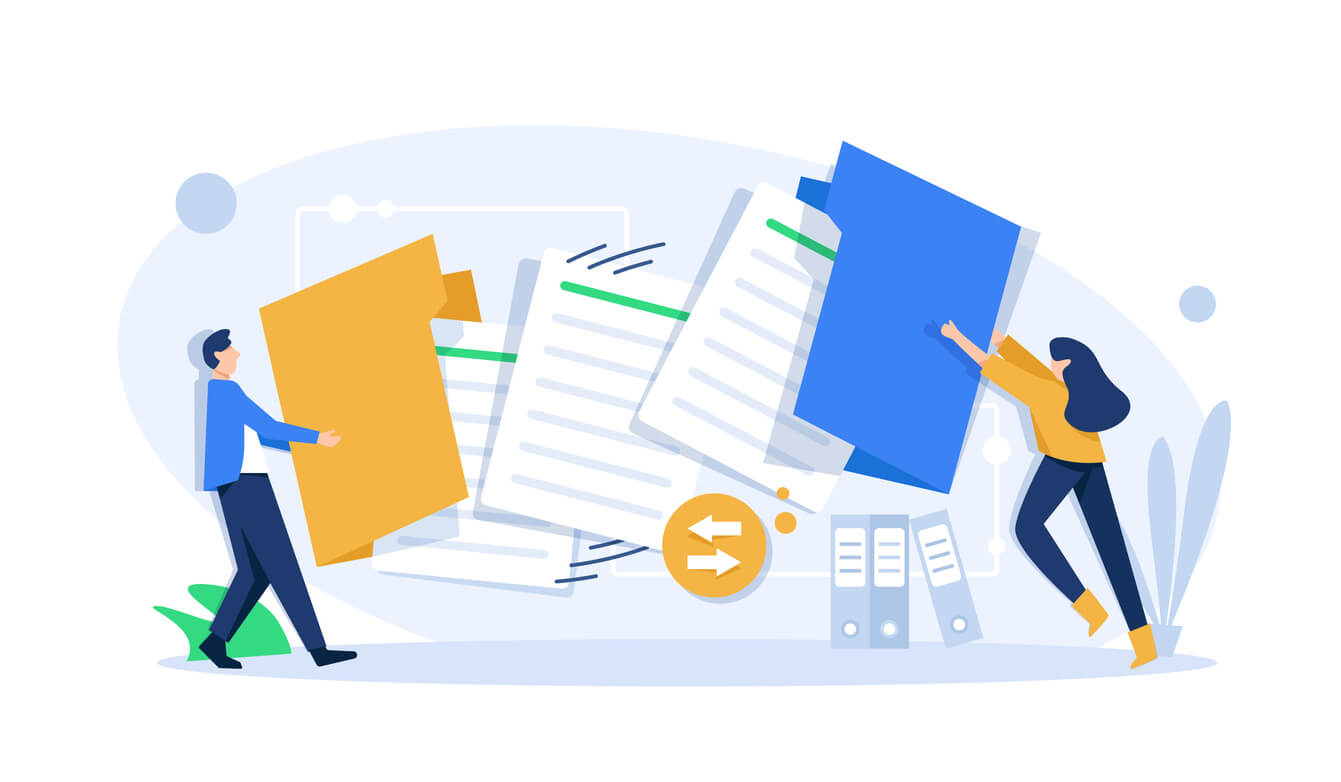
The documentation required varies per business license type, so it can take some time to put together all the relevant paperwork.
Most applications for business licenses require the following documents:
-
A detailed description of the business, including its activities and physical location.
-
Copies of the article of incorporation and corporate bylaws.
-
A list of the individuals (including owners and management) who can sign agreements on the company’s behalf
-
The filing fee, which can vary depending on the type of license and the issuing body. Municipalities tend to charge a few dollars, while federal licenses can cost thousands.
3. Apply for the business license
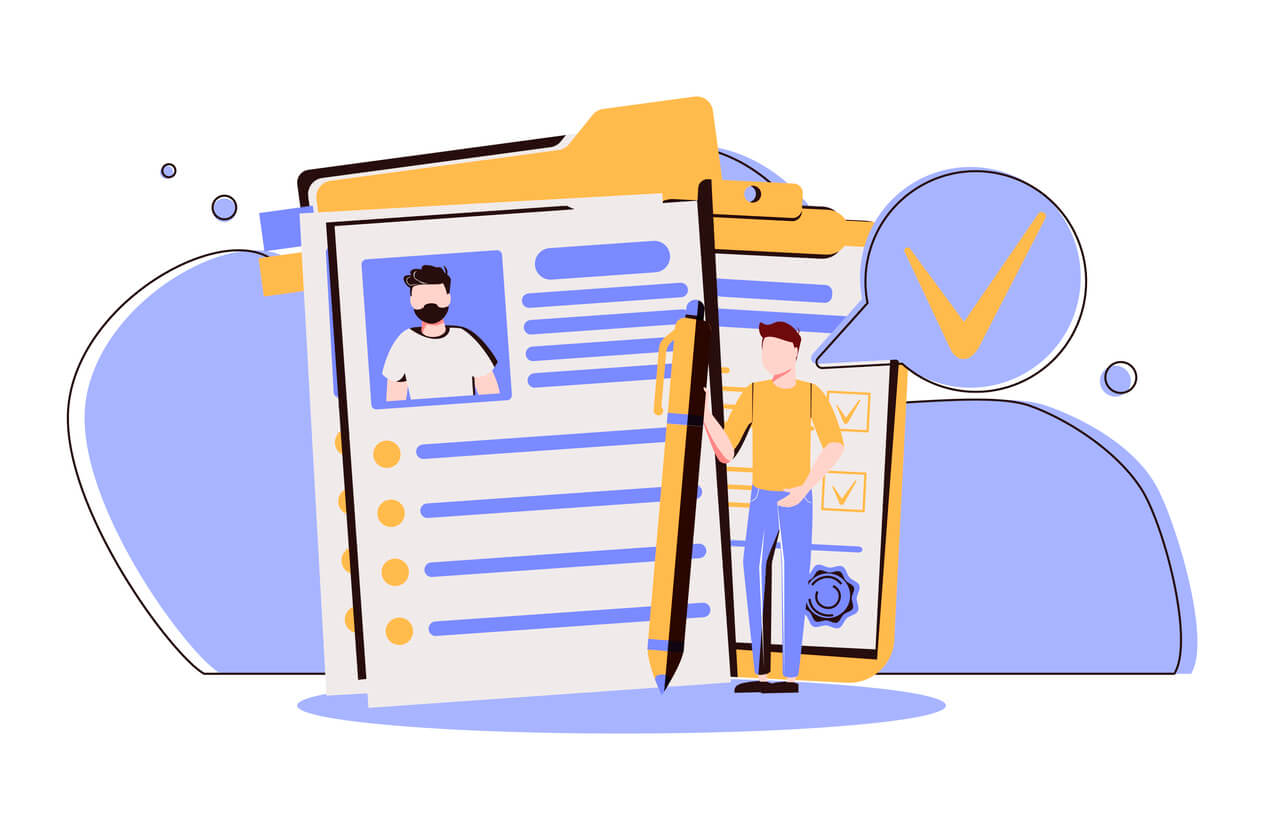
Once you know which licenses you need and have all the necessary paperwork in place, it’s time to make the application.
The submission process for each license is unique. While some applications need to be sent in by mail, others require in-person appointments. Certain issuing bodies also ask you to get the forms notarized.
Some bodies also have step-by-step business license application guides on their websites which can be very helpful.
After applying, you may hear back in a matter of hours, days, weeks, or even months. In some states, there is a limit on the number of business licenses available for specific industries. So you may be placed on a waitlist until a spot opens up.
4. Renew the business license
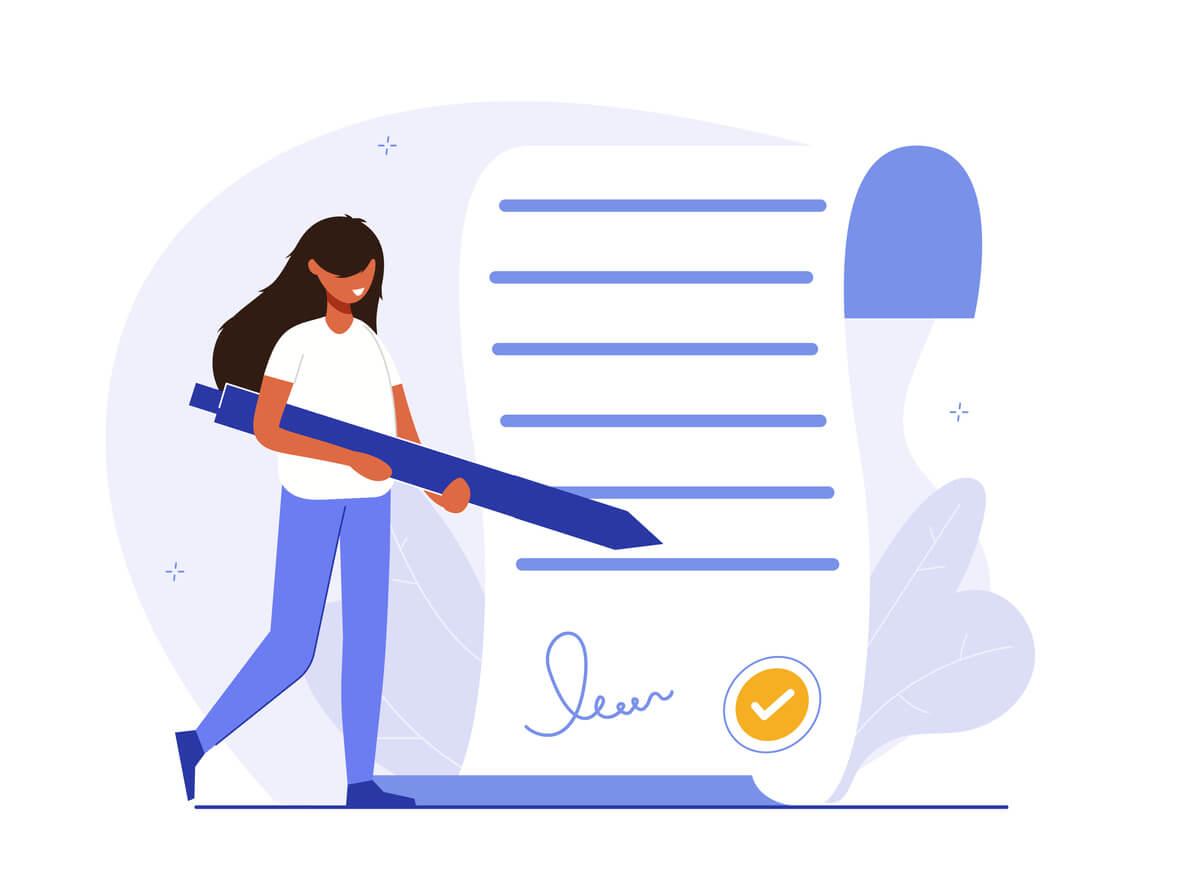
Business licenses allow you to carry out operations for a fixed amount of time. After the period elapses, you’ll need to renew the license to continue business.
Remember, renewing a license is easier than applying for a new one, so be careful not to let yours expire.
Frequently asked questions about how to get a local business license
We hope our guide to applying for local business licenses gave you the information you need to get started. Still have some doubts? Read on to get answers to the FAQs on how to get a business license.
How much does a business license cost?
The fee for local business licenses vary greatly depending on the business activity and location. An Alaskan business license can range from $25 to $100, depending on the license period.
Do you require local business licenses if you have an Limited Liability Company?
An LLC (limited liability company) is a business structure allowed by state statute. It classifies how your business is structured for tax purposes.
On the other hand, local licenses allow you to set up and operate in a specific locality.
Can I run a small business without having to get a business license?
Small business owners can register their company at different levels. Most small business owners don’t have to register with federal agencies unless they want trademark protection or tax exempt status.
LLCs, partnerships, and nonprofit corporations usually need to register in the state where they run their business. While you don’t need to register your new business at the local level, certain localities require you to register your DBA if you use one.



